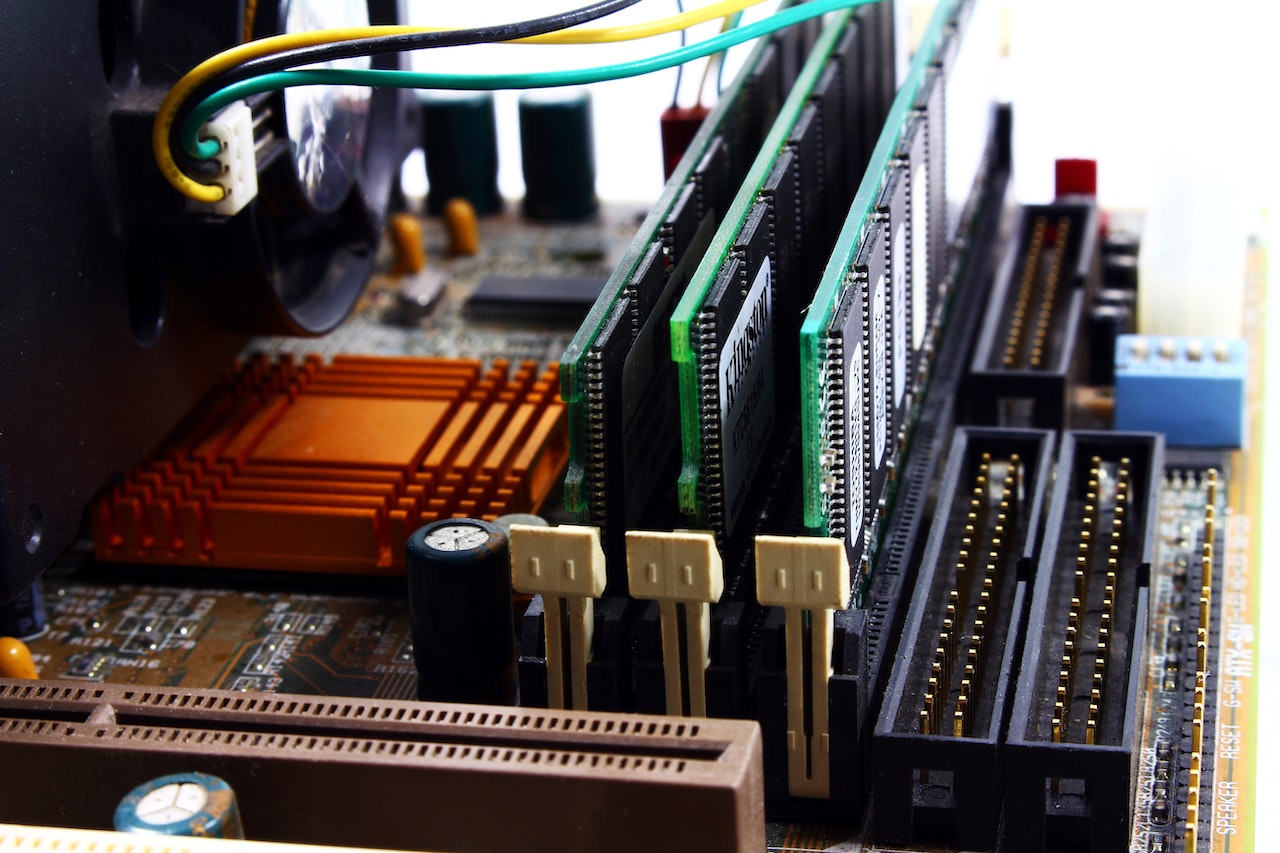
In today’s fast-paced technological landscape, businesses across various industries often manage applications, systems, and processes regarded as mission-critical. These systems are essential to the functioning and continued success of an organisation, and as such, their reliability and performance cannot be compromised. A crucial factor in ensuring the reliability and efficiency of mission-critical applications lies in the choice and implementation of memory solutions. With their advanced features and durability, industrial memory products provide a more robust, reliable, and tailored solution than standard commercial memory.
Nexus recognises the importance and unique requirements of mission-critical applications. With this blog post, we aim to guide our clients through these vital aspects to assist them in making the most informed decisions about their memory needs. In doing so, we will delve into what makes industrial memory products particularly suited for mission-critical systems, the specific requirements that must be met in these applications, and the best practices in selecting and implementing the ideal memory solution for optimal efficiency, performance, and reliability.
By providing a comprehensive guide exploring the link between industrial memory solutions and mission-critical applications, we hope to empower businesses with refined expertise to ensure their critical systems can perform at their best. Armed with a deeper understanding of the requirements and considerations involved, companies can minimise potential risks, boost their systems’ reliability and performance, and establish a strong foundation for their mission-critical infrastructure to operate seamlessly and effectively in an increasingly demanding technological environment.
Specific Requirements of Mission-Critical Applications
By their very nature, mission-critical applications demand memory products with far more stringent specifications than standard applications. Some key requirements for mission-critical applications include:
- Reliability: Such applications require memory products with an exceptional performance standard, ensuring that the critical systems that rely on them can perform consistently without failure or unexpected downtime.
- Endurance: Given the inevitable wear and tear or stress factors in mission-critical applications, selecting memory products with sufficient endurance to maintain their performance levels over time, even under heavy workloads, is essential.
- Data Integrity: Accurate and precise data storage and processing is crucial in mission-critical applications, as losses or corruptions of data can lead to costly errors or potential harm to users or systems.
- Security: Memory solutions for mission-critical applications must incorporate robust security features to protect sensitive data and maintain privacy, integrity, and regulatory compliance.
Features of Industrial Memory Solutions for Mission-Critical Applications
Industrial memory solutions possess several features that make them ideally suited for use in mission-critical applications. These features include:
- Rugged Construction: Industrial memory solutions often boast rugged construction elements, such as robust packaging and substrate materials, which enable them to endure harsh operating conditions and environmental stressors.
- Error Detection and Correction: Industrial memory products typically incorporate error detection and correction mechanisms, such as Error Correcting Code (ECC), to ensure high levels of data integrity.
- Extended Temperature Range: Unlike standard commercial memory products, industrial memory solutions often offer an extended temperature range, making them suitable for extreme or fluctuating temperatures.
- Customisability: Industrial memory solutions can often be customised to cater to the specific requirements of mission-critical applications, allowing for tailored designs that ensure compatibility and seamless integration with existing systems.
Best Practices for Choosing Industrial Memory Solutions for Mission-Critical Applications
To ensure that businesses select the most suitable industrial memory solutions for their mission-critical applications, several best practices can be followed:
- Assess the Operating Environment: It is crucial to thoroughly consider the application’s operating conditions, such as temperature, humidity, and potential physical stressors, to determine the most suitable memory solution capable of withstanding these factors.
- Evaluate Performance and Endurance: Analyse the performance and endurance requirements of the application, taking into account factors such as speed, storage capacity, and intended usage, to select a memory solution that will provide consistent, reliable performance over time.
- Consider Security Requirements: Assess the mission-critical application’s specific security and data protection needs, opting for memory solutions with advanced security features and encryption capabilities to safeguard sensitive data.
- Seek Expert Guidance: It is highly recommended to consult with expert industrial memory providers, such as Nexus, to ensure the most suitable memory solution is selected and seamlessly integrated into the mission-critical application.
Benefits of Implementing Industrial Memory Solutions in Mission-Critical Applications
Implementing industrial memory solutions in mission-critical applications offers several significant benefits, which ultimately contribute to the application’s reliability, performance, and longevity:
- Increased Reliability: High-quality industrial memory solutions are designed to ensure consistent, reliable performance, even under demanding conditions and severe stress factors.
- Enhanced Data Integrity: Industrial memory products with features such as error detection and correction mechanisms help maintain exceptional levels of data integrity in mission-critical applications.
- Expanded Operational Range: With extended temperature ranges and rugged construction, industrial memory solutions enable mission-critical applications to function in varied, extreme environments.
- Customisable Solutions: Industrial memory providers may offer customised solutions tailored to the specific requirements of mission-critical applications, allowing for seamless integration with existing systems and future-proofed designs.
Conclusion:
Mission-critical applications demand memory solutions beyond the capabilities of standard commercial memory products. With their enhanced performance, reliability, and customisability, industrial memory solutions provide the ideal memory components to ensure the success and longevity of mission-critical systems.
By understanding the specific requirements and challenges inherent in mission-critical applications, businesses can make informed decisions regarding their choice of memory solutions and ensure these components’ seamless integration and compatibility. Utilising the guidance, expertise, and robust industrial memory products provided by Nexus, such as industrial SD cards, organisations can build a solid foundation for their mission-critical infrastructure, maximising their application’s performance, efficiency, and reliability in today’s demanding technological environment.







